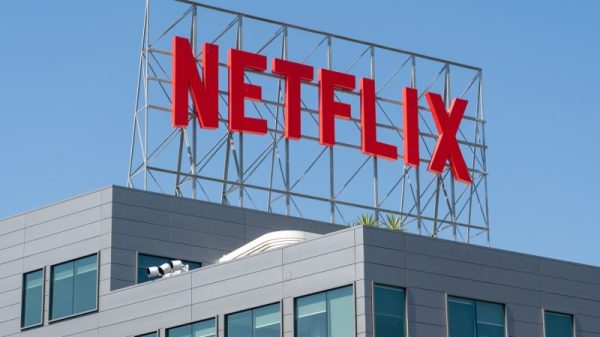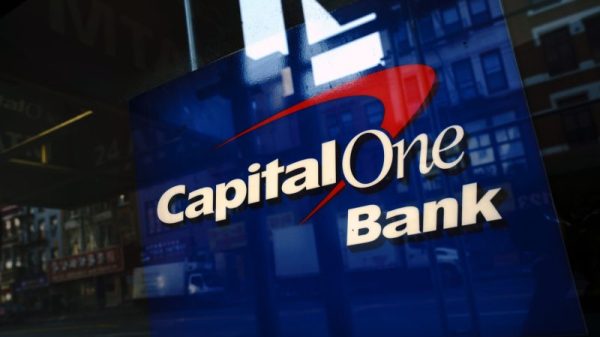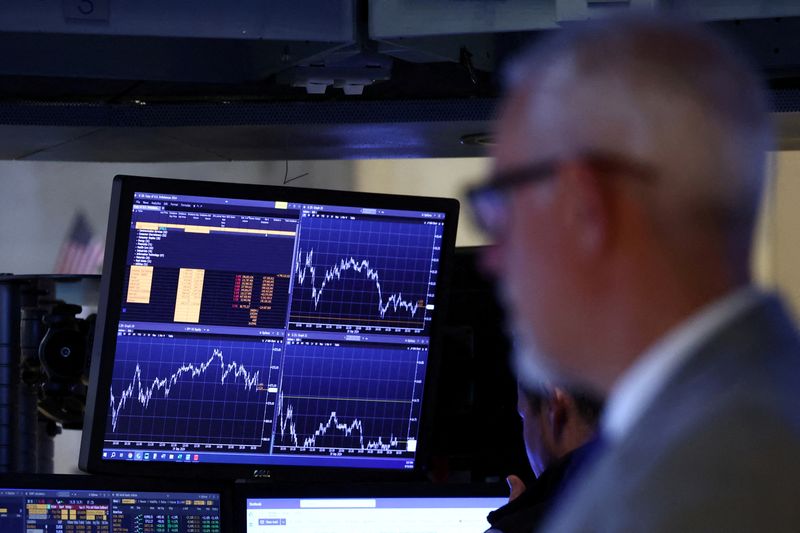By Milana Vinn, Kane Wu, David French and Andres Gonzalez
NEW YORK/LONDON (Reuters) – With any other president, promises of less regulation and lower corporate taxes would have Wall Street’s deal machine salivating at the prospect of a feeding frenzy. Not so with a potential Donald Trump presidency.
That’s because executives expect a Trump administration would also bring with it policy uncertainty, trade wars, protectionism, and inflationary pressures, which will slow down mergers and acquisitions activity, interviews with bankers, lawyers and consultants show.
That’s leading some dealmakers to believe the environment for corporate M&A activity might not look much different under either presidential candidate: Trump or Democratic rival Kamala Harris.
Instead, dealmakers are waiting for the uncertainty around the outcome of the election itself to resolve, predicting mergers and acquisitions will pick up by early next year. In recent days, polls have projected that Harris and Trump remain neck-and-neck in the race for the presidency.
“With regard to election cycles, uncertainty is oftentimes the main factor. Once we have a decisive president-elect, that uncertainty will be removed and the markets can predict with a little bit more clarity as to what the policy dynamics might be going forward,” said Scott Joachim, co-chair of the private equity practice at Paul Hastings.
Representatives for Harris and Trump did not respond to requests for comment.
Much is at stake on the outcome of the elections for Wall Street’s dealmaking business, worth billions of dollars in revenue. While global M&A volumes have risen 14% to $2.85 trillion so far this year, deal activity has plunged from the record highs of 2021, when company boards and buyout firms capitalized on near-zero interest rates to pursue several mega transactions.
Several notable transactions, such as Nippon Steel’s proposed $14.9 billion takeover of U.S. Steel, have also run into regulatory hurdles and rising protectionism, with stiffer national security reviews.
Even so, data shows deals activity is slightly higher than the levels seen during the first Trump administration. During the period between January 2017 and December 2020, deals worth an average of $1.63 trillion were signed annually in the U.S., with bankers at the time blaming a tough and unpredictable regulatory environment for holding back deals.
During the first three years of the Biden administration, deals worth an average of $1.9 trillion were signed annually, although those figures were boosted mainly by 2021’s record-breaking haul, according to data from Dealogic.
FOCUS ON PREDICTABILITY
Some investment bankers pointed out that the Trump administration, too, tried to thwart some notable deals at the time. In 2017, for example, the U.S. Justice Department attempted to block AT&T (NYSE:T)’s acquisition of Time Warner. In 2018, Trump successfully intervened to thwart Broadcom (NASDAQ:AVGO)’s proposed takeover of Qualcomm (NASDAQ:QCOM) on national security grounds.
One of the sources, who advises chief executives and board members, said based on his conversations, CEOs who have traditionally leaned Republican have become more cautious.
The source, who requested anonymity to speak about confidential conversations, said these people had been conditioned for decades to believe that low taxes and less regulation benefit their businesses but were now recognizing that predictability holds significant value as well, even though it is difficult to quantify.
LIFTING CONSTRAINTS
To be sure, investment bankers and deal lawyers said some of Trump’s promises would lift constraints they faced under the Biden administration, which has adopted a tough stance on antitrust policy and challenged several notable transactions.
“De-regulation is generally viewed as one of the election themes that would benefit from a Republican win. The Democrats’ current proposals to increase corporate income tax and capital gain tax would not help M&A activity,” said Weiheng Chen, a Hong Kong-based senior partner at law firm Wilson Sonsini.
“These two factors could have bigger impact on the global M&A activity level than geopolitical risks which may persist regardless of which side wins this election,” Chen added.
Last week, Trump received an endorsement from Apollo Global Management (NYSE:APO) CEO Marc Rowan, who said a Republican victory in the elections would free up M&A activity and lead to investment liberalization.
But some bankers and lawyers argued that a Harris victory would not necessarily slow down M&A activity either, as the U.S. Federal Reserve is expected to ease monetary policy in the near term, boosting financing markets that drive corporate dealmaking.
“Regardless of the election outcome, the primary drivers for deals remain – companies and private equity sponsors are looking to transact after an extended period of having a tepid M&A market,” said Eric Swedenburg, head of Simpson Thacher’s M&A practice.

































